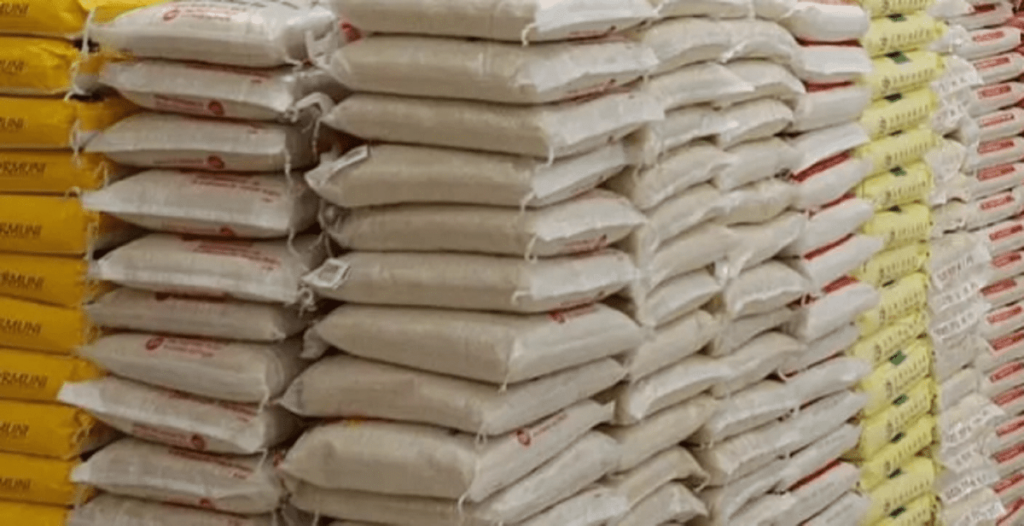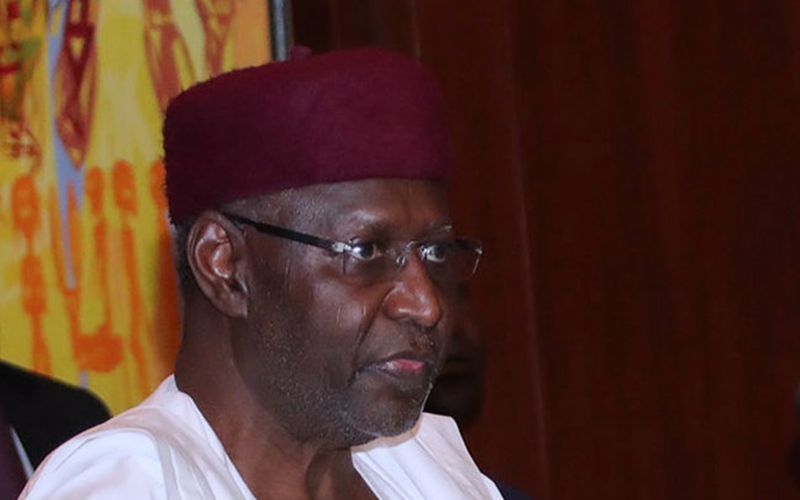
There is hunger in the land. This hunger further exacerbated by the biting effects of COVID-19 has led to widespread anger and discontent at the country’s ineffectual leadership in proactively handling the fallout of the pandemic.
The situation is further worsened by the downward spiral in the global oil price, and the attendant consequences for an economy whose only substantial export is the “black gold”. 80% of the contributors to Nigeria’s economy are in the informal sector who earn their bread daily.
The movement restrictions put in place to halt the dissemination of the virus has left a significant number of the populace expressing tales of misery and litany of woes. Some Nigerians have started selling their cars, jewellery and other ostentatious goods at give away prices, to stay financially afloat.
On the international scene, the situation is no different. For instance, Airline manufacturer, Boeing, intends to cut 16000 jobs to cushion the economic effects owing to the rampaging virus.
Also, Airlines in Europe are at risk of laying off 32000 workers due to the pandemic. According to Kevin Hasett, a senior economic adviser to Donald Trump, the unemployment rate in the United States could rise to between 16 per cent to 20 per cent, from current levels of 4.4% per cent.
READ ALSO: Low Oil Prices: Nigeria risks production shutdown, fiscal crisis – Experts
In Nigeria, Access Bank just recently laid off 800 workers, and slashed the salaries of 5000 members of its workforce, to adjust to the economic realities of the moment, which I call ” COVID-NOMICS”. One of the business subsidiaries of former vice president Atiku Abubakar, Gotel communications, also laid off 46 workers surprisingly on workers day, although it has denied that the lay-off was due to the economic impact of COVID-19.
The Nigerian government has been burying its head in the sand, to the challenges occasioned by the outbreak of this virus. The promise and disbursement of palliatives by government has been shrouded in mystery, deceit, partisan politicking, and ethnocentrism. Citizens who were lucky to get food items from political office holders were hopping mad at the meagerness and squalidity of what accrued to them as economic relief.
The FCT administration just recently acknowledged it distributed “dirty” rice to its residents and asked them to return it. Pilling on the agony, the FG is begging Nigerians to donate houses to be used as isolation centres. There is no gainsaying that the federal government’s deportment to the issues arising from the pandemic is beyond the pale.
Just last week, the 1800 bags of rice sent to Oyo state ostensibly on the orders of the President, was rejected and returned to the federal government, because they were heavily infested with weevils and unfit for human consumption. The Opposition party in Oyo state went spare over the state government’s decision and accused it of playing petty politics with the citizens’ welfare.
The minister for humanitarian affairs, Sadiya Umar Farouq, in defence of the FG, claimed that the bags of rice were inspected by NAFDAC, and got a clean bill of health for consumption. However, NAFDAC DG, Prof. ADEYEYE, said it was never invited to inspect bags of rice to be dispatched to Oyo state.
The osmotic exchange of excuses between the Oyo state government and the federal government over bags of rice is a sad commentary on the state of food security in Nigeria. In a country divinely blessed with clement weather and arable land for agriculture, the ad infinitum issue of food insecurity is not excusable.
One would have expected that nine months after the federal government put the brakes on rice importation, local production would have been ramped up to cater for the needs of its citizens.
Sadly, we are not even within the ace of attaining food security. Apart from the fact that the trade protectionism of local rice farmers was improperly planned and executed, the challenges to the often mouthed diversification to Agriculture haven’t been addressed and will always militate against anyone who wants to venture into it.
READ ALSO: Oil Price: Privatise moribund refineries, divest unprofitable asset, NNRC advise Buhari
In the face of the skyrocketing rate of unemployment, a youth who decides to go into agriculture needs access to loans, which is difficult to obtain in most cases due to the absence of collateral.
Access to land is another issue. The levy paid for land registration after its purchase is 10 per cent of government’s valuation of the land. In other words, one has to pay 10% of whatever government values the land to be worth, for land registration.
In addition to these, is the perpetual problem of the poor road network – in a country where most of the roads look as if they’ve been shelled and bombed – in rural areas, problems of processing and storage partly due to the seemingly insurmountable issue of constant power supply.
One of the arguments of the government in favour of the ban on rice importation is the superior nutritional and health benefits of our locally produced rice over imported rice. The DG of Customs, Hammed Ali, in 2016, said 90% of imported rice to Nigeria are already expired.
How come is it that the seized imported rice hitherto described as unhealthy for consumption, is the subject of controversy between the federal and Oyo state government?
No country thrives on falsehood. The earlier the government gets off its backside and began working toward the attainment of national food security, the better for everyone.
Franklyn Ofoegbu holds a Master of Science degree in Cell Biology and Genetics from the University of Ibadan. He teaches Chemistry to advanced level students and is a public affairs commentator.

